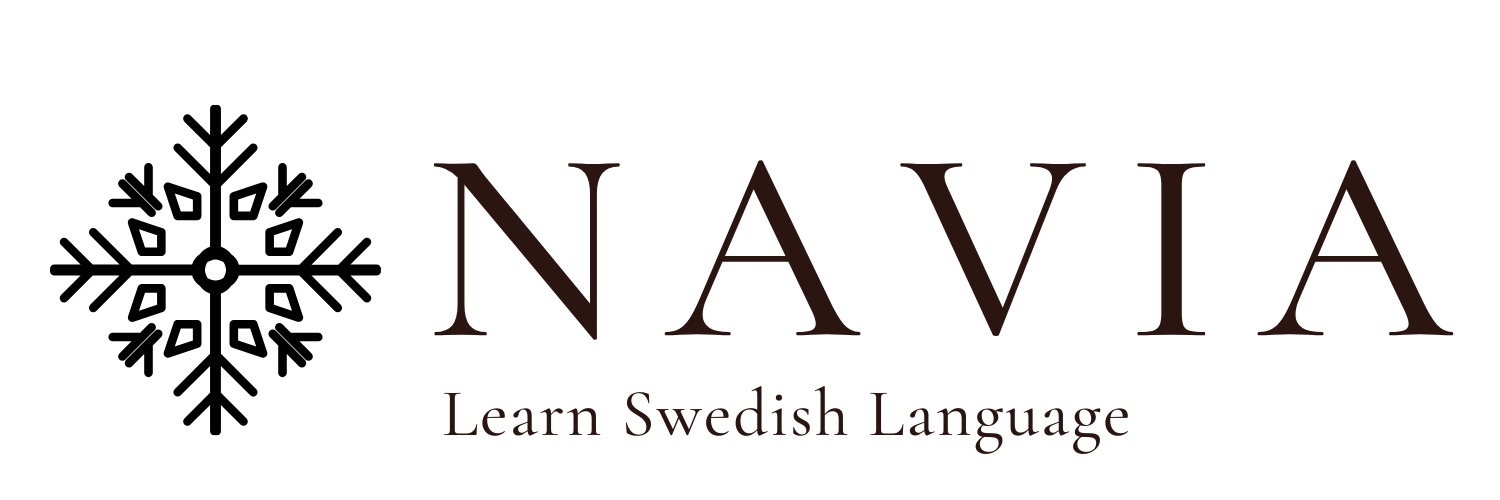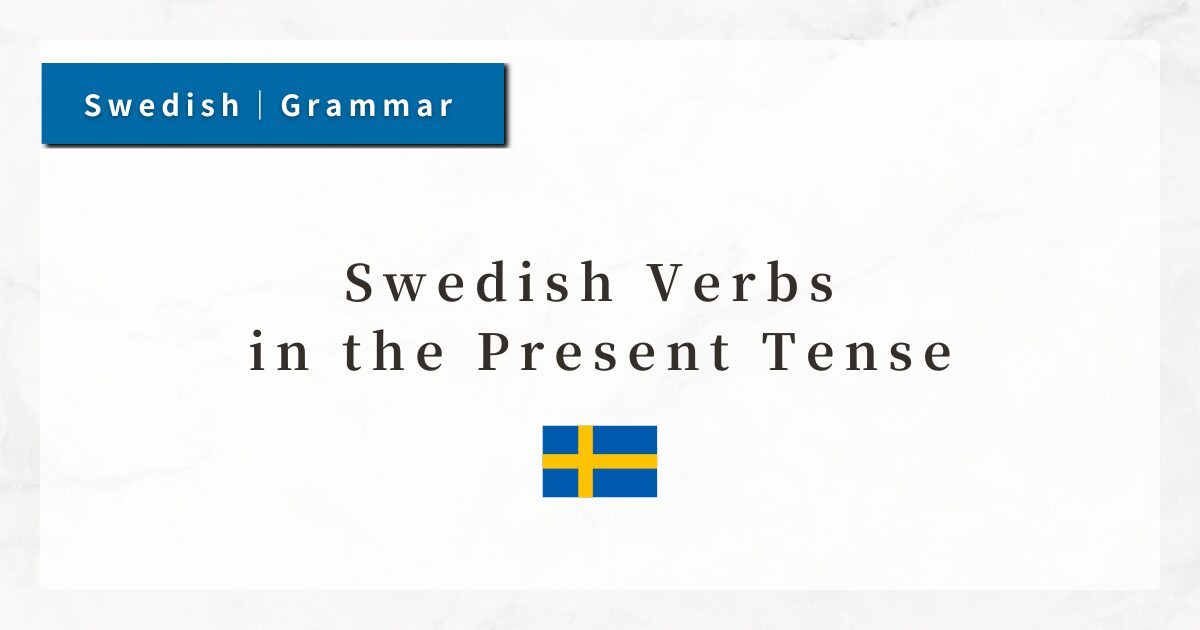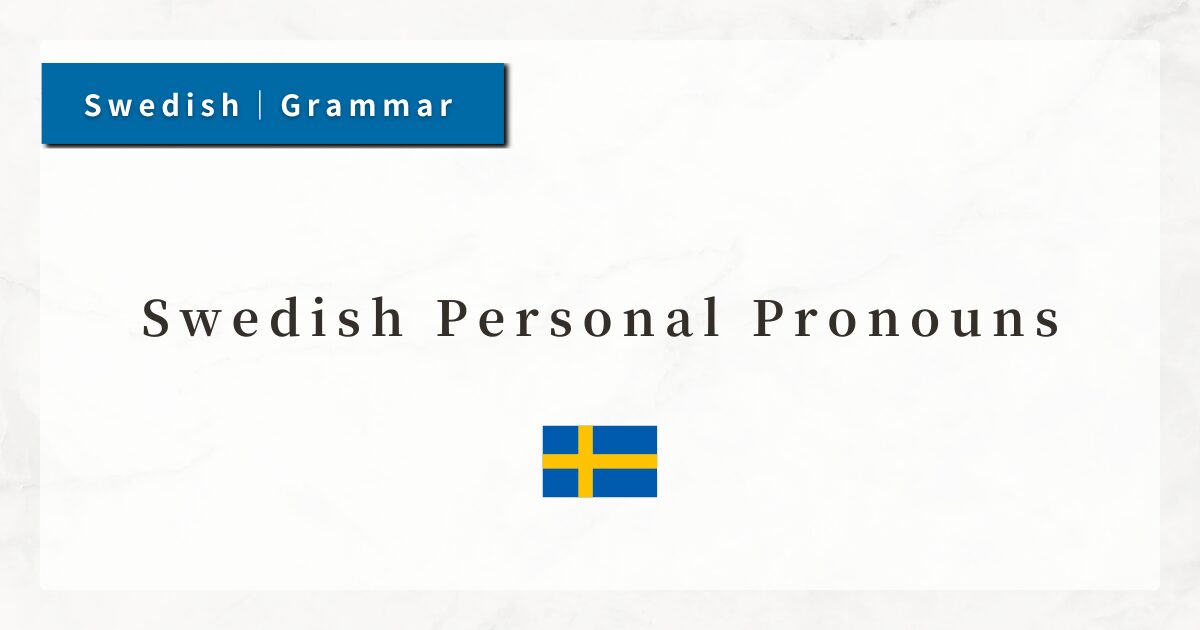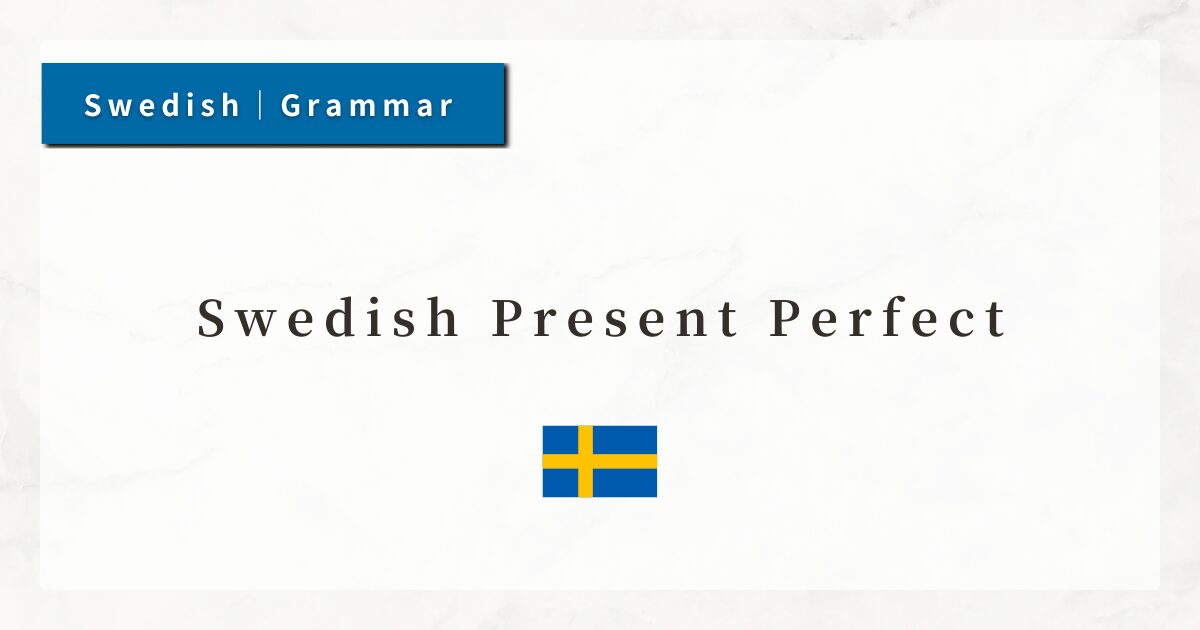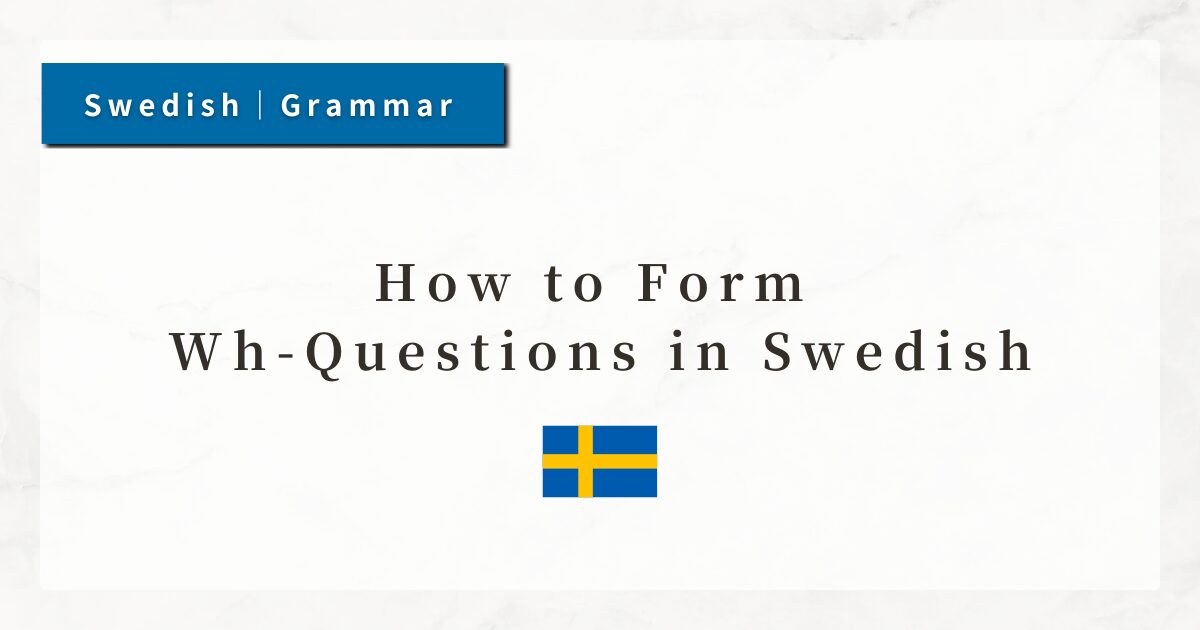#50 Variations of Negation in Swedish|Beyond inte with Examples
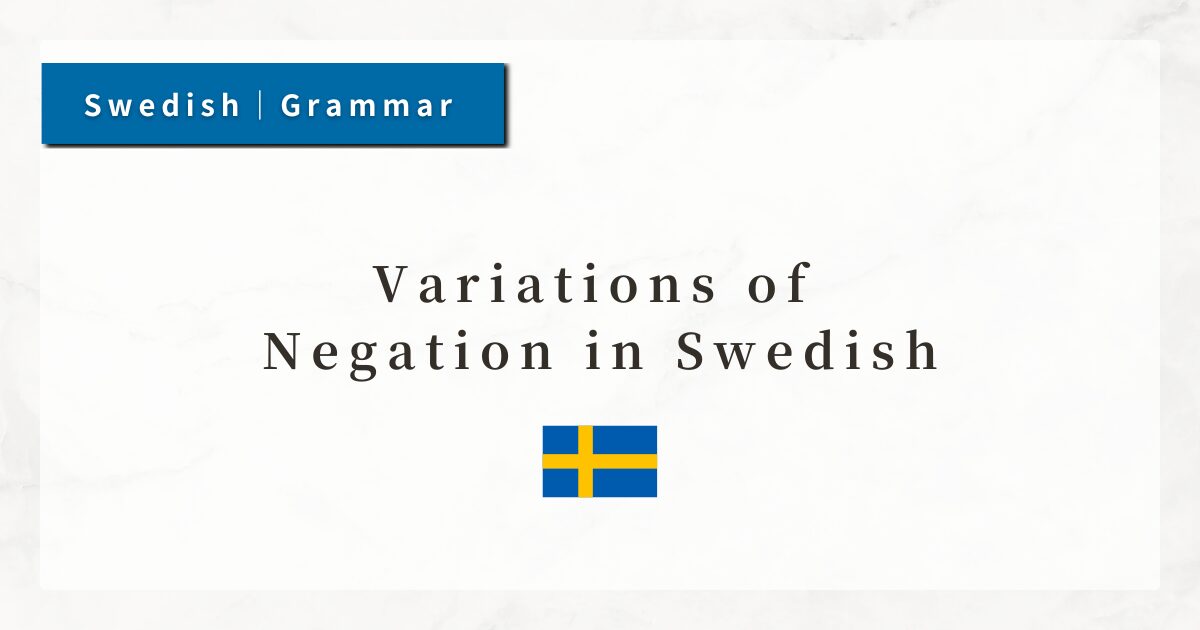
When it comes to negation in Swedish, the starting point is inte (“not”).
However, in real conversation, Swedish uses a wide range of negative expressions, such as “no longer,” “not yet,” or “never again,” depending on the context.
By mastering these variations, your Swedish will sound more natural, and your overall understanding of the language will deepen.
In this lesson, I will explain not only the basic inte but also other common negative expressions frequently used in Swedish.
1. inte : The Basic Negation
inte is the most common negative word, equivalent to English “not”. It negates verbs and adjectives, and its position in the sentence is closely tied to the verb.
- Jag förstår inte.
(I do not understand.) - Han är inte hemma nu.
(He is not at home right now.)
In general, inte is placed directly after the verb or before a complement.
2. inte längre : “No longer”
inte längre means “no longer,” expressing a change over time.
- Hon arbetar inte längre här.
(She no longer works here.) - Vi är inte längre vänner.
(We are no longer friends.)
Here, inte provides the negation, while längre adds the nuance of “any longer” or “anymore.”
Together, they convey the meaning “it used to be true, but no longer is.”
3. inte än : “Not yet”
“inte än” is used to mean “not yet,” typically in reference to future or ongoing situations.
- Bussen har inte än kommit.
(The bus has not arrived yet.) - Jag har inte än bestämt mig.
(I have not yet decided.)
It is especially common in contexts involving time, making it a frequent expression in everyday conversation.
4. aldrig : “Never”
aldrig means “never” or “not ever.” It is used for strong negation or to indicate that something has never happened.
- Jag har aldrig varit i Sverige.
(I have never been to Sweden.) - Han ljuger aldrig.
(He never lies.)
Unlike inte, aldrig expresses negation on its own. Because of its emphatic nature, it is often used in emotionally charged situations as well.
5. aldrig mer : “Never again”
“aldrig mer” is a very strong form of negation, meaning “never again.” It often expresses determination based on past experience.
- Jag gör det aldrig mer!
(I will never do that again!)
The addition of mer (more/again) reinforces the sense of finality — “never to be repeated.”
6. ingen / inget / inga: “No one / nothing”
Another key group of words for negation is the indefinite pronouns ingen / inget / inga.
These vary depending on gender and number, and they mean “no one” or “nothing.” They are close in meaning to English “no one” or “nothing.”
- Jag har inget att säga.
(I have nothing to say.) - Det finns inga problem.
(There are no problems.) - Ingen vet svaret.
(No one knows the answer.)
These often function as subjects or objects in the sentence, and they negate without the use of inte.
ingen / inget / inga are explained in more detail in another lesson.
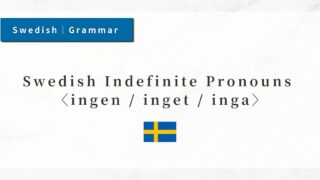
7. Word Order and Negation
In Swedish, word order affects the nuance of negation.
- Jag tycker inte om kaffe.
(I do not like coffee.) - Inte jag, men hon gillar kaffe.
(Not me, but she likes coffee.)
The first is a simple negation. The second introduces contrast, meaning “not me (but someone else).”
By placing inte at the beginning, you can express emphatic or contrastive negation.
8. Summary
- inte : the basic negation (not)
- inte längre : no longer (expresses change over time)
- inte än : not yet (ongoing or future situations)
- aldrig : never, not ever
- aldrig mer : never again (strong determination)
- ingen / inget / inga : no one, nothing
